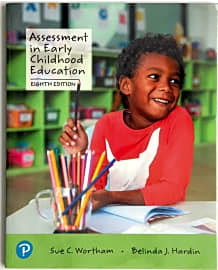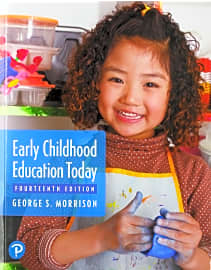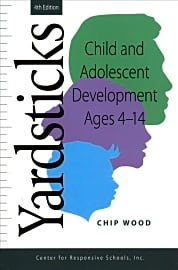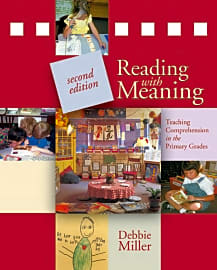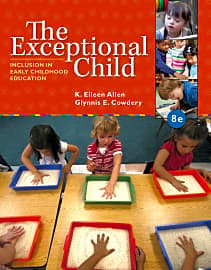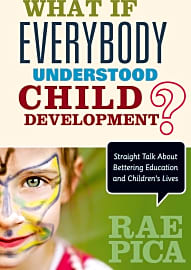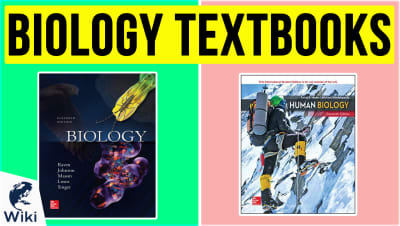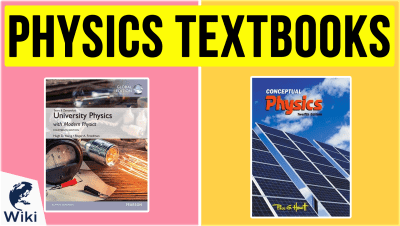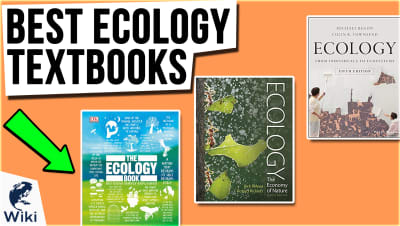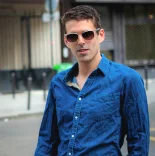The 10 Best Childhood Education Textbooks


This wiki has been updated 24 times since it was first published in July of 2018. If children are the future, then it's essential for them to get the best schooling possible from an early age. These childhood education textbooks act as handy guides for anybody studying to become a teacher or just trying to raise a kid in an environment that fosters learning. With the right knowledge and skills, you'll be able to set youngsters on the path to success. When users buy our independently chosen editorial picks, we may earn commissions to help fund the Wiki.
Editor's Notes
June 11, 2020:
Looking over the selections included in our previous list, it was clear that there was an emphasis on early childhood education and STEM fields. That makes sense considering the fact that the more kids can learn as early as possible, the better chances they have to be successful learners throughout life, and the STEM fields offer some of the best paying and most widely available jobs in the market. But we wanted to add a little diversity to the list, so we added titles like Reading With Meaning, which exalts the educational power of literature, though it's a little frustrating that the majority of the text is anecdotal, following along a year's curriculum in the author's classroom. A more scientific approach to the methods described might have been better to win over STEM types.
Then there's Theories Of Childhood, which lays bare the major tenets of the most popular specialized theories about educating children that you'll often see touted by exclusive schools. This could be especially useful for parents or aspiring teachers who aren't sure where they might want to send their kids or what direction they'd like to take their practice in the real world. Montessori is probably the most familiar of the schools of thought examined, at least by name, but it can be a bit controversial for its use of mixed-age classrooms and unstructured lessons, so it's nice to see it actively compared to its lesser-known alternatives like Dewey's hands-on model or the peer-to-peer emphasis in Lev Vygotsky's theories.
Also, there was a bit of redundancy between The Exceptional Child and Inclusive Early Childhood Education, so we scrapped the latter, as it was a little older and a little less practical than the former, whose environmental checklists really make it easy to quickly develop a learning environment that can be welcoming to all, with specific strategies for addressing a variety of learning challenges, from hearing impairments to behavioral disorders.



